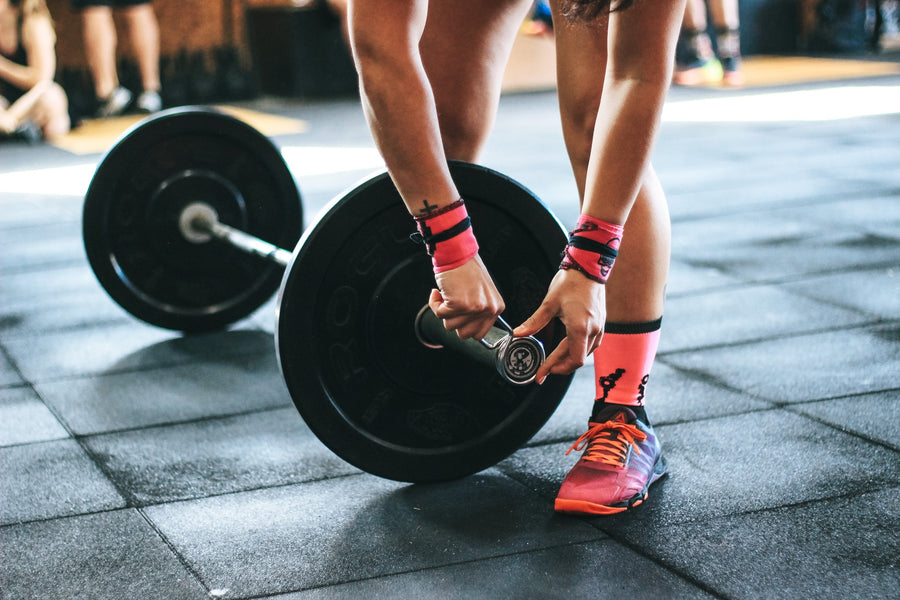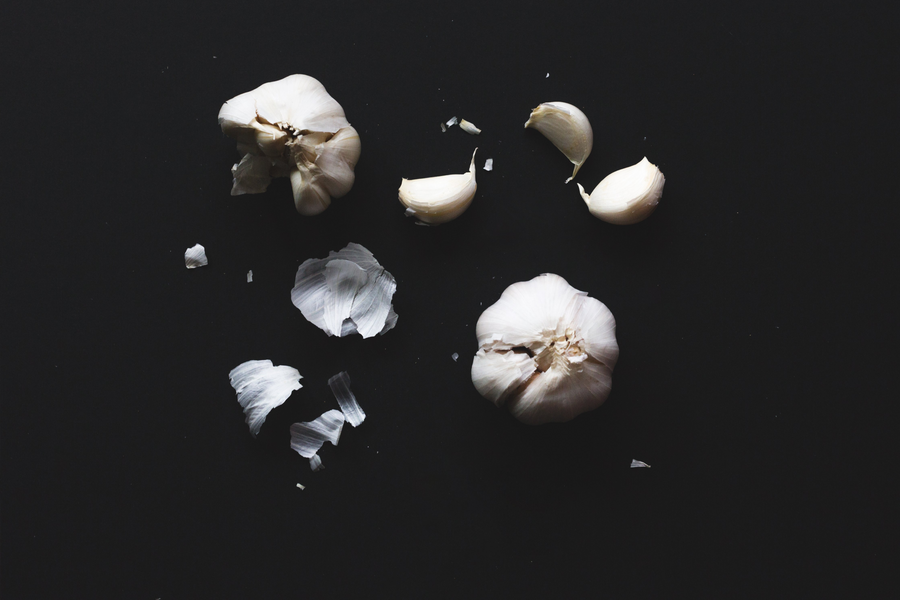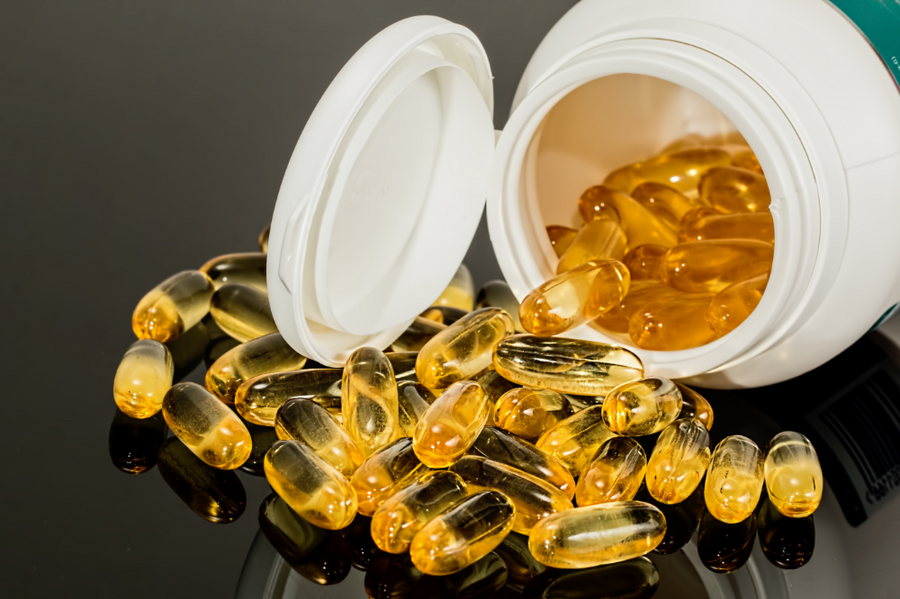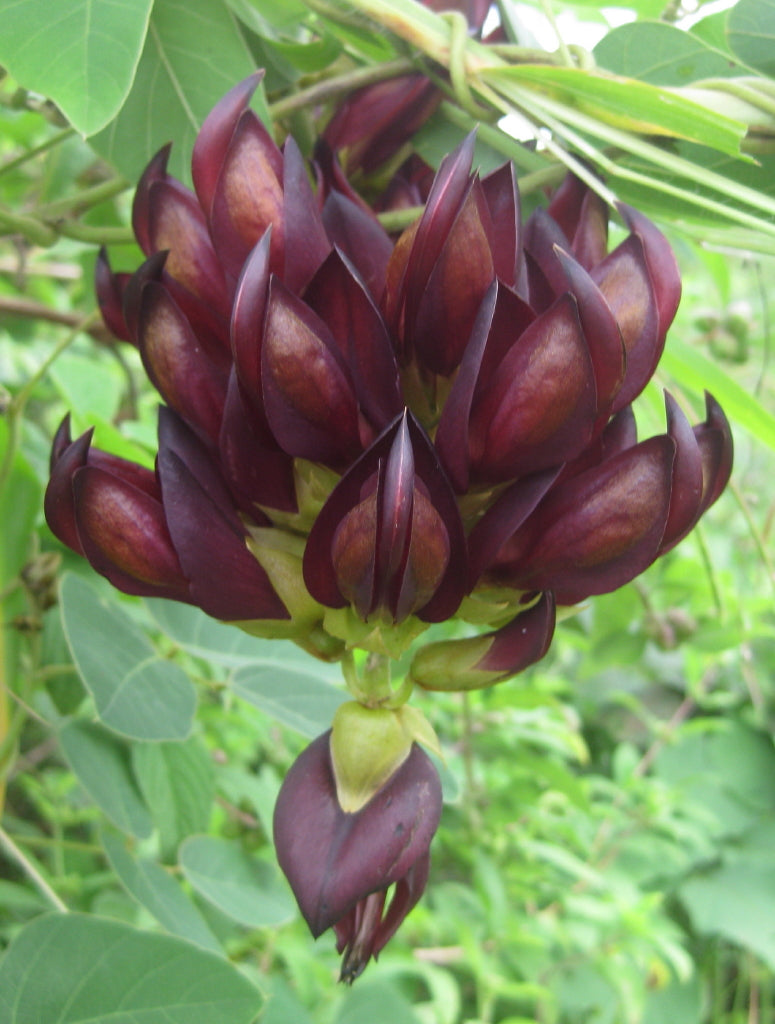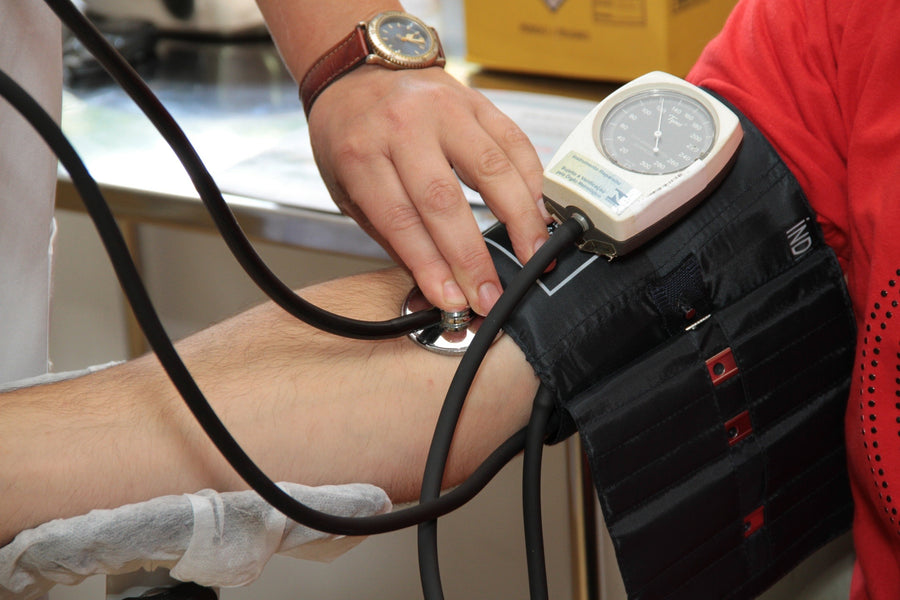
Q. I keep seeing herbal extracts that say 2:1 or 4:1, and I also see herbs listed as concentrated 20x or 30x. What does this all mean?
A. Traditionally herbs were used whole or boiled as in tea. In the last few decades, particularly in the past 2 decades, laboratories started actively concentrating herbs by finding out the active ingredients in them, (there are normally several or dozens of substances within each medicinal herb and not all of them are useful or of benefit to the body) and thus making the herbal extract more potent. Since different labs have different methods of extraction or concentration, and since herbs are grown in different locales or countries leading them to have slight of significant chemical composition to begin with, you can see how the whole issue becomes quite complicated. Furthermore, one lab's concentration of a particular herb, let's say ashwagandha, at 2 to 1, implying twice as potent as the original herb, may have a different chemical ratio or content of active chemical than another lab's production. There are few herbs that have been standardized well, a couple that come mind are ginkgo herb and St. John's worth. Normally ginkgo extract is sold as standardized to 24% flavone glycosides and 5% terpene lactones. Even then how do we know this particular standardization is the ideal form this herb should be consumed as? St. John's wort is normally standardized to 0.3% hypericin and 3% hyperforin. Again, how do we know this is the best ratio for its antidepressant effect? We don't, but at some point it is helpful to have some standardization in order to use these herbs in clinical trials and have a consistent herbal extract to test over and over again and by different research institutions. To summarize and give a practical and simple answer to your question, I would say the only way to know for sure whether a particular herb is better suited for you as a regular unconcentrated powder or as a more concentrated extract is to take it and see what effect it has on you. Another example I can give is in regards to the aphrodisiac herb tongkat ali. It comes as regular powder, and I have a formulation that has 200 mg per capsule, and we have a more concentrated version called LJ100 which has 25 mg per capsule. We have found that some people prefer the 200 mg product whereas others prefer the more potent extract at a lower dosage. It is often a matter of personal preference. Another point to keep in mind is that not all vitamin sellers are honest with their claims. For instance if a promoter says their product is 20x claiming that their herb is 20 times more potent than the regular herb, they may just be flat out misleading. I have seen products that claim their tongkat ali version is 100 times as potent as the regular herb which makes no sense to me. There are few accepted national or international guidelines regarding herbal extracts and many companies hype and mislead consumers pretending their products are more potent than they actually are. See http://www.raysahelian.com/tongkat_ali.html for further explanation.



